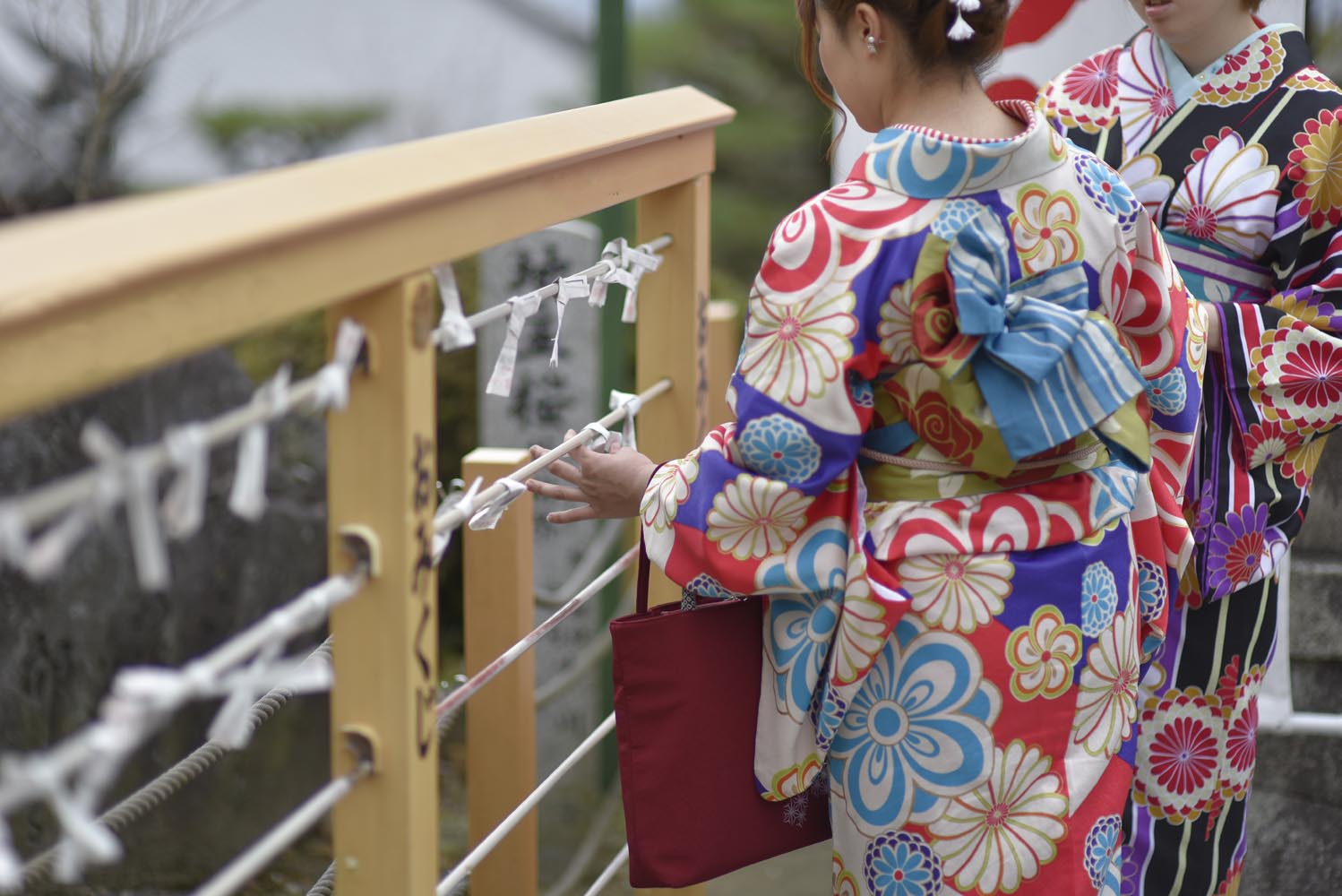

MASTER'S BOOK
JAPANESE NATIONAL HOLIDAYS
Japanese national holidays
Japan has 16 non-working days every year. In addition, there are the so called happy Mondays – Mondays after holidays landing on a Sunday are also non-working days. On national holidays, all banks are closed, children do not go to school, and the entire country celebrates.
Japanese holidays
The Japanese holiday calendar differs significantly from European customs and traditions. While the two sometimes do overlap, like the New Year or the Constitution Memorial Day, some Japanese traditions may be a surprise to many Europeans. The Japanese celebrate coming of age, the beginning of spring, the end of winter, Marine Day and the Emperor’s Birthday. The most important Japanese holidays include:
January:
1. Ganjitsu (元日) – New Year: 1 January
2. Sejin-no Hi (成人の日) – Coming of Age Day: second Monday of January
February:
1. Kenkoku-Kinenbi (建国記念日) – National Foundation Day: 11 February
March:
1. Shumbun-no Hi (春分の日) – Spring equinox: 20–21 March
April:
1. Shōwa-no Hi (昭和の日) – Shōwa Day: 29 April
May:
1. Kempō-kinembi (憲法記念日) – Constitution Memorial Day: 3 May
2. Midori-no Hi (みどりの日) – Greenery Day: 4 May
3. Kodomo-no Hi (こどもの日) – Children’s Day: 5 May
July:
1. Umi-no Hi (海の日) – Marine Day: third Monday of July
August:
1. Yama-no Hi (山の日) – Mountain Day: 11 August
September:
1. Keirō-no Hi (敬老の日) – Respect for the Aged Day: third Monday of September
2. Shūbun-no Hi (秋分の日) – Autumnal equinox: 23/24 September
October:
1. Taiiku-no Hi (体育の日) – Sports Day: second Monday of October
November:
1. Bunka-no Hi (文化の日) – Culture Day: 3 November
2. Kinrō-kansha-no Hi (勤労感謝の日) – Labour Thanksgiving Day 23 November
December:
1. Tennō-tanjōbi (天皇誕生日) – the Emperor’s Birthday: 23 December
Coming of Age Day
Every year, on the second Monday of January, the Japanese celebrate the Coming of Age Day. Up until 2000, the day was celebrated by the Japanese on 15 January. This holiday is aimed at all young people who turned 20 in the preceding year. The Coming of Age Day was established in 1948 – the entire country engages in celebrations honouring young people.
National Foundation Day
On 11 February, the Japanese celebrate the anniversary of the foundation of the Land of the Rising Sun. It is a very patriotic holiday, though it is largely based on a legend. On the National Foundation Day, the Japanese proudly display their national colours, just like Europeans. The holiday honours Emperor Jimmu, who, according to Japanese mythology, was the son of the goddess Amaterasu and the founder of Japan.
Respect for the Aged Day
Japanese are known for their respect for the elderly. This is best exemplified by the national holiday which takes place on the third Monday of September, and which honours the elderly and celebrates longevity. While it was not originally an international holiday, it quickly gained popularity in the whole of Japan.
A long-standing tradition
Japan is famous for its tradition backed with history. The Japanese treat their national holidays very seriously, ensuring that the tradition is still relevant and alive. Many holidays are accompanied by large-scale celebrations, while others focus only on showing respect to other countrymen and the country.























